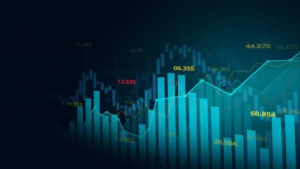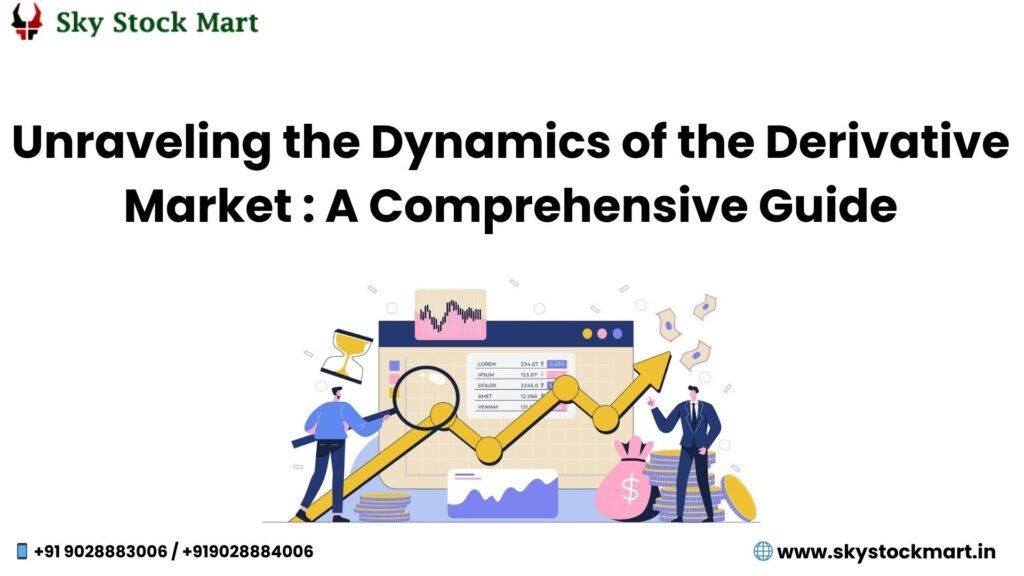Unraveling the Dynamics of the Derivative Market: A Comprehensive Guide
Introduction
In the intricate tapestry of financial markets, one segment stands out for its complexity and influence—the derivative market. Derivatives are financial instruments whose value is derived from an underlying asset, index, or rate. As a vital component of global finance, the derivative market plays a crucial role in managing risk, providing liquidity, and enabling investors to speculate on market movements. In this blog, we’ll delve into the nuances of the derivative market, exploring its types, functions, and the impact it has on the broader financial landscape.
Learn more and open free demat account
Understanding Derivatives
Derivatives come in various forms, with the most common types being futures and options. Futures contracts oblige parties to buy or sell an asset at a predetermined price on a specified future date. On the other hand, options provide the buyer with the right, but not the obligation, to buy or sell an asset at a predetermined price within a specified timeframe.

Functions of the Derivative Market
- Risk Management: Derivatives are powerful tools for managing and mitigating risk. Businesses use them to hedge against adverse price movements in commodities or currencies, providing a level of certainty in an uncertain market.
- Price Discovery: The derivative market facilitates price discovery by reflecting market expectations and sentiments. Prices of derivatives are influenced by a myriad of factors, including supply and demand dynamics, economic indicators, and geopolitical events.
- Liquidity Enhancement: Derivatives contribute to market liquidity by providing a platform for investors to buy or sell financial instruments without directly impacting the underlying asset’s market.
- Speculation and Investment: Investors often use derivatives to speculate on the future price movements of assets. While this involves a higher level of risk, it also offers the potential for substantial returns.
What is the Meaning of Lots in stock market ?
is Stock market trading good for housewife ?
अपनी बेटी के विकास के लिए इन्वेस्टमेंट करे – SIP म्यूच्यूअल फण्ड में
Challenges and Risks
While the derivative market offers significant benefits, it is not without challenges. Excessive speculation, lack of transparency, and the potential for market manipulation are concerns that regulators actively address. Moreover, the intricate nature of derivatives requires a deep understanding, making them unsuitable for inexperienced investors.
Learn more and open free demat account
Regulatory Framework
Governments and financial regulators worldwide have implemented stringent regulatory frameworks to monitor and control derivative market activities. These regulations aim to ensure market integrity, protect investors, and prevent systemic risks that could arise from excessive speculation or market abuse.
Conclusion
The derivative market is a multifaceted realm where financial instruments derive their value from underlying assets. As a key player in risk management, price discovery, and liquidity enhancement, the derivative market significantly impacts global finance. While offering opportunities for profit, it demands a nuanced understanding and careful consideration of associated risks. As financial markets continue to evolve, the derivative market will undoubtedly remain a dynamic and influential force, shaping the future of finance.


